En el
aeropuerto de Singapur,
una
oscuridad fue barrida de mis ojos.
En el
baño de mujeres, un compartimento permanecía abierto.
Una
mujer estaba de rodillas allí, lavando algo
en la
pileta blanca.
El
disgusto argüía en mi estómago
y
palpé, en mi bolsillo, mi pasaje.
Un
poema debería tener siempre pájaros en él.
Alciones,
dije, con sus ojos temerarios y sus alas llamativas.
Los
ríos son agradables, y por supuesto árboles.
Una
cascada, y si eso no es posible, una fuente
que
se alce y caiga.
Una
persona quiere estar en un lugar feliz, en un poema.
Cuando
la mujer se dio vuelta no pude resolver su cara.
Su
belleza y su molestia peleaban entre sí, y ninguna ganaba.
Ella
sonrió y yo sonreí. ¿Qué sinsentido es este?
Todo
el mundo necesita un trabajo.
Sí,
una persona quiere estar en un lugar feliz, en un poema.
Pero
primero debemos observarla del mismo modo
en que ella está absorta en su
trabajo,
lo
que es bastante monótono.
Está
lavando las tazas de los ceniceros del aeropuerto,
tan grandes como
llantas,
con un trapo azul.
Sus
pequeñas manos hacen girar el metal, frotan y lavan.
No
trabaja despacio ni rápido, sino como un río.
Su
cabello oscuro es como el ala de un pájaro.
No
dudo por un momento de que ama su vida.
Y
deseo que se levante del sarro y el cieno
Y
vuele sobre el río.
Esto
probablemente no sucederá.
Pero
quizá suceda.
Si el
mundo fuera solo dolor y lógica, ¿quién lo querría?
Por
supuesto, no lo es.
Ni
tampoco quiero decir nada milagroso, sino solo
la
luz que puede irradiar vida. Quiero decir
el
modo en que ella plegaba y desplegaba el trapo azul,
el
modo en que su sonrisa fue solo para mí; quiero decir
el
modo en que este poema se llenó de árboles, y de pájaros.
Singapore
In Singapore, in the airport, / A darkness was ripped from my
eyes. / In the women’s restroom, one compartment stood open. / A woman knelt
there, washing something in the white bowl. // Disgust argued in my stomach / and
I felt, in my pocket, for my ticket. // A poem should always have birds in it.
/ Kingfishers, say, with their bold eyes and gaudy wings. / Rivers are
pleasant, and of course trees. / A waterfall, or if that’s not possible, a
fountain rising and falling. / A person wants to stand in a happy place, in a
poem. // When the woman turned I could not answer her face. / Her beauty and
her embarrassment struggled together, / and neither could win. / She smiled and
I smiled. What kind of nonsense is this? / Everybody needs a job. // Yes, a
person wants to stand in a happy place, in a poem. / But first we must watch
her as she stares down at her labor, / which is dull enough. / She is washing
the tops of the airport ashtrays, as big as hubcaps, / with a blue rag. / Her
small hands turn the metal, scrubbing and rinsing. / She does not work slowly,
nor quickly, like a river. / Her dark hair is like the wing of a bird. // I
don’t doubt for a moment that she loves her life. / And I want her to rise up
from the crust and the slop and / fly down to the river. / This probably won’t
happen. / But maybe it will. / If the world were only pain and logic, who would
want it? // Of course, it isn’t. / Neither do I mean anything miraculous, but
only / the light that can shine out of a life. I mean / the way she unfolded
and refolded the blue cloth, / The way her smile was only for my sake; I mean /
the way this poem is filled with trees, and birds.
en Constéstame,
baila mi danza (Antología), 2019
Traducción de Diana Bellessi

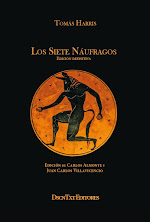
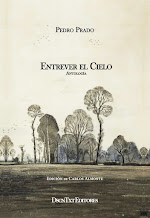



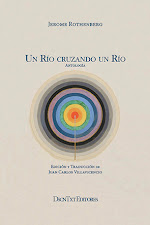


































































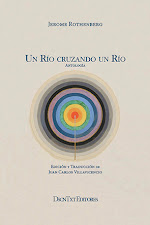









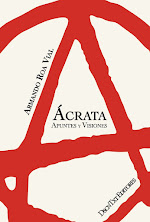



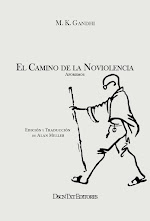
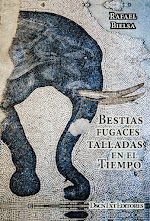








No hay comentarios.:
Publicar un comentario